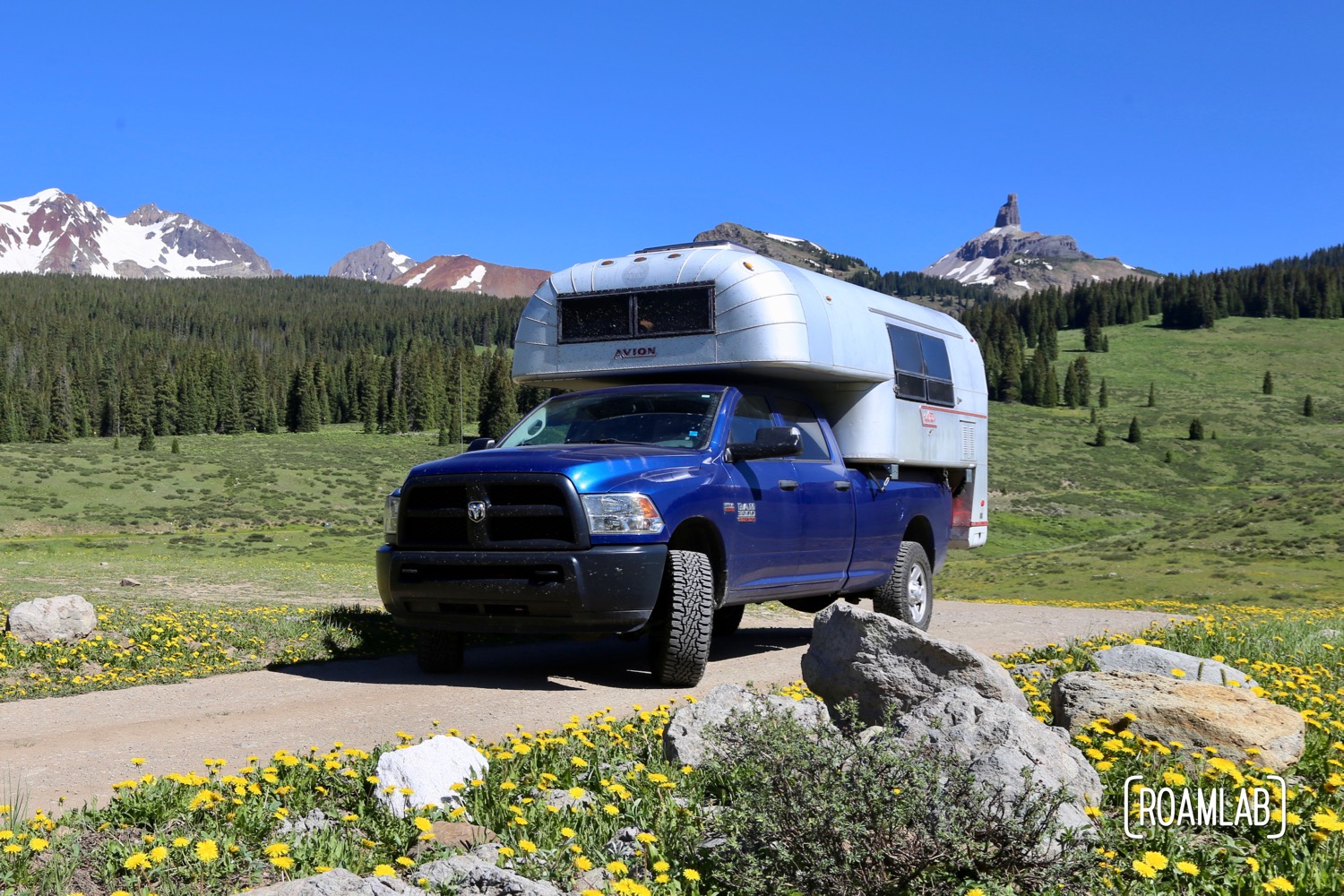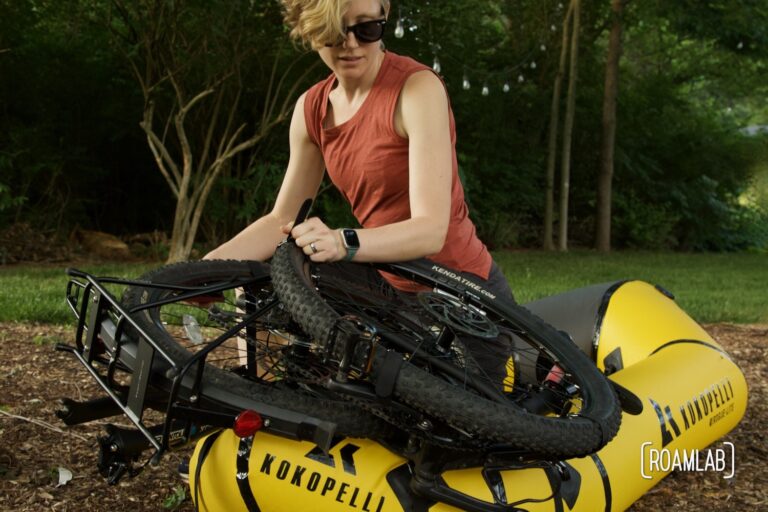Colorado is an impressively beautiful part of the world but a lot of that beauty is found at high elevation. For many individuals, that simply translates to a little shortness of breath while hiking. But if the body starts struggling to handle the dramatically different conditions at high altitude, how you respond can make the difference between a mild inconvenience and a hospital visit.
Altitude Sickness encompasses a wide range of symptoms brought on by changing elevation too rapidly. It can manifest as any combination of headaches, dizziness, nausea, vomiting, fatigue, shortness of breath, trouble sleeping, and loss of appetite. Similarly, there’s a wide range of treatments available to treat or alleviate altitude sickness.
When you are at high elevations, you’ll start to notice that there are tons of products and businesses catering to people effected by altitude sickness. You will meet individuals who will swear by a wide range of alternative treatments. But, the truth is, most preventions comes down to simple, cheap things like rest and hydration. And serious symptoms should be referred to a medical professional, not a local shop keeper. Because, there are different forms of altitude sickness with different treatments. So, while that fancy bottle of oxygen can make all the difference in one case, your case may require steroids. So, if you came to this page while experiencing sever discomfort at high altitude, descend elevation and find a doctor!
A Series of Unfortunate Events
Now that I’ve done the responsible thing and referred you to a medial professional, let me tell you about all the irresponsible things I did instead of seeking a medical professional. In some misplaced sense of confidence, I thought that altitude sickness was something for mountain climbers or the infirm. But the truth is, any time you go over 8,000 feet, you are at risk for altitude sickness and young, active people are often more at risk.*
When I started to feel a headache coming on and some mild nausea, I chalked it up to car sickness, a mild reaction to my last meal, or possibly a mild hangover from the night before. But, no, I had elevation sickness. Yet, I continued with that misconception for most of a day. And it’s not as if I only did one thing wrong. So let me walk you through all the ridiculous mistakes I made. Maybe, you can avoid the same fate.
Drink Water
Lets start with the most simple, easy, and cheap form of preventions and treatment: water. Water is always important but, at higher elevations you should be drinking even more than usual. If you start to feel light headed: drink water. If you start to feel short of breath: drink water. If you are feeling at all off kilter: drink water. The one thing I did right was to maintain easy access to water while acclimating to a new elevation. This thing did wrong: I didn’t actually drink much of that water.
Ascent Slowly
This next point, I would say is the most important, but it can be a little harder to control if you are traveling with a group or have a strict itinerary. But, when traveling up, you should take your elevation gain slowly. After all, this is the core cause of altitude sickness. Everything else just alleviates or exacerbates your reaction to a change in elevation. We have amazingly versatile bodies that can acclimate to a wide range of environments and elevations. But it takes time. So, it helps to draw out any elevation gain across a series of days, sleeping at progressively higher elevations. The longer you can draw it out, the better opportunity your body has to acclimate to the elevation with minimal discomfort.
Take It Easy
Next up, take it easy! I know when you come to a new place, you want to start experiencing everything. At least, I did! I walked the Main Street of Telluride. I explored a museum. And, even once I started experiencing the first symptoms of altitude sickness as a mild headache, stomachache, and nausea, I thought I could power through. I went kayaking on an alpine lake. I thought the fresh alpine air would alleviate my illness. Instead, the physical activity was the final straw.
Do Not Drink Alcohol
Wait…there was one more straw. It’s probably true that the camel’s back was already broken by the time I dropped this straw on it. But, as if attempting to do everything that experts say not to do when at altitude, I then drank a beer. I was on vacation, after all. But, seriously, do not drink alcohol until you’ve had a decent chance to acclimate to your new environment. Alcohol will hit you much harder at elevation.
Descend Immediately
By the time we reached our campsite at 10,000 feet, I was experiencing severe altitude sickness: labored breathing even at rest, intense nausea, a migraine, and overwhelming lethargy. And here’s my final mistake: I tried to wait it out. I took a nap, thinking the symptoms would abate. In a situation with less severe symptoms, this would have been an excellent answer. I’d be “taking it easy.” But, by this point I was way past a simple nap as treatment. When I woke up, I felt just as bad. I could barely talk or motivate myself to move. But, in the mean time, Chris was researching my symptoms and the conclusion was clear: I had altitude sickness and I needed to descend immediately.
Even so, I was resistant. I had plans for Telluride. It took an hour of failed attempts to put together a dinner—which I had no appetite to eat—that I eventually succumbed to Chris’s gentle encouragement. We descended to 5,800 feet in Montrose, Colorado.**
I did not immediately feel better. Like the onset—which generally takes 24 to 48 hours to manifest—the abatement of symptoms was slow. But, after a night’s sleep at lower elevation, and many a bottle of water consumed, the next morning I felt a little delicate but entirely human.
Have you experienced altitude sickness? How do you prepare to gain altitude?
* Of course, this is a generalization. Like any case, results vary by individual. Should you have concerns or manifest serious symptoms, contact a doctor immediately.
** technically, it would have been better to descend to 4,000 feet but I was worn out!





